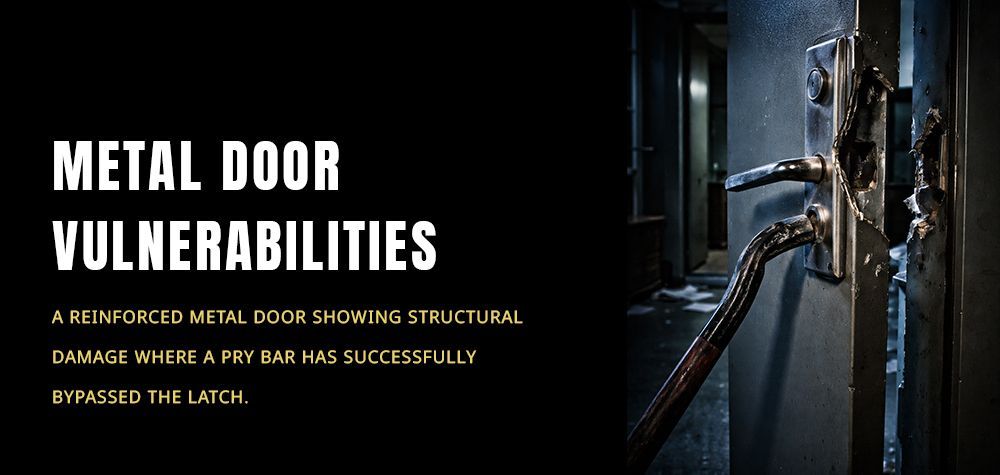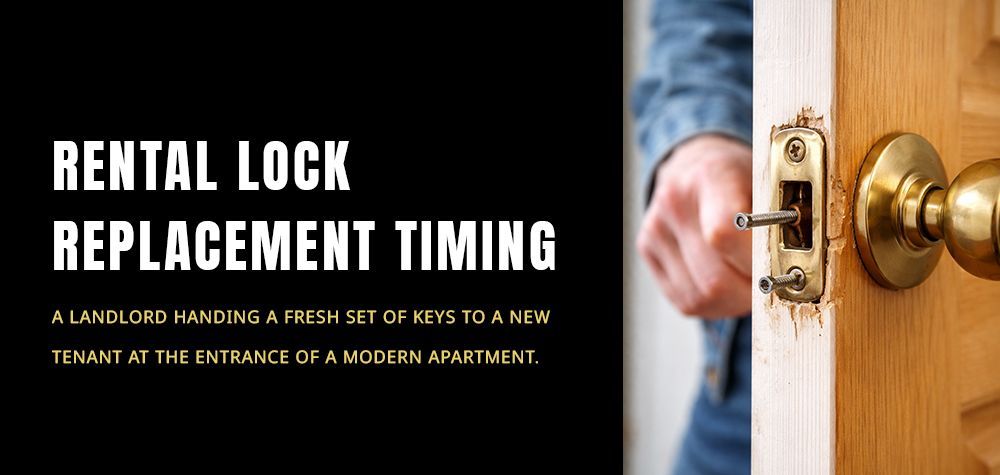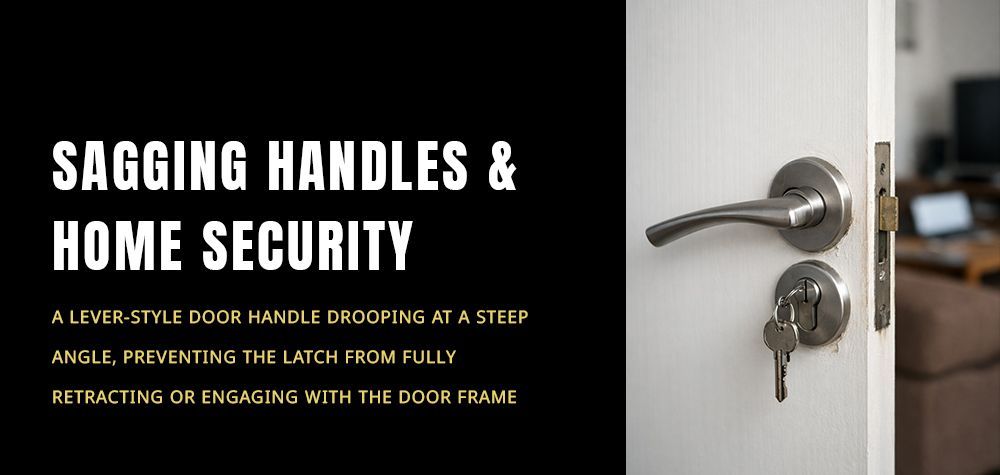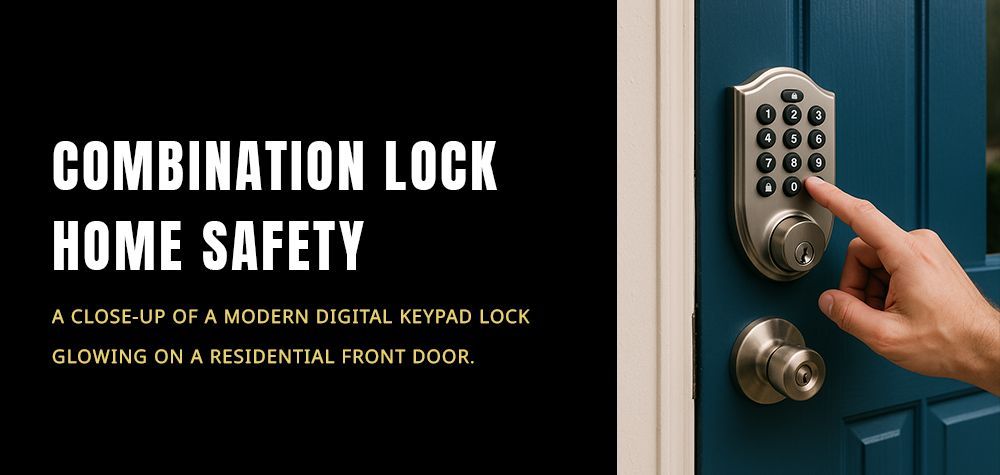How Do Garage Door Locks Work? (Explained)
Garage doors are one of the most significant entry points to any property. Securing them effectively is essential for the overall safety of your home. Understanding how garage door locks work can empower homeowners to make informed decisions about their home security system. This guide delves into the mechanisms of garage door locks, their types, and the role they play in protecting your property.
7 Ways Locksmiths Keep Your Home Safe While You Travel
The Importance of Garage Door Locks
Garage doors are often overlooked when it comes to home security. Many homeowners focus on front doors or windows, leaving their garages vulnerable. However, a garage door lock serves several purposes:
- Preventing Unauthorized Access
A good lock ensures that only authorized individuals can enter your garage. This is particularly important if your garage has direct access to your home. - Protecting Stored Items
Garages often store valuable items such as tools, equipment, or even vehicles. A secure lock keeps these items safe from theft. - Enhancing Overall Home Security
Securing your garage adds an extra layer of protection to your home, deterring intruders from attempting to break in.
Components of a Garage Door Lock
Garage door locks come with various components that work together to secure the door effectively:
- Locking Bar or Bolt: This is the physical mechanism that holds the door in place, preventing it from being opened.
- Cylinder: The cylinder is where the key is inserted. When the key is turned, it activates the locking mechanism.
- Latch Mechanism: This connects the lock to the garage door track, holding the door securely closed.
- Handle: Found on manual garage doors, the handle operates the locking mechanism.
Types of Garage Door Locks
Garage door locks come in different types, each suited for specific needs and garage door styles.
1. T-Handle Locks
T-handle locks are commonly used on manual garage doors. These locks have a T-shaped handle on the outside and require a key to operate. When locked, the T-handle secures the door by engaging a locking bar inside.
2. Deadbolt Locks
Deadbolt locks provide additional security by adding a sturdy bolt that extends into the garage door track. These locks are often used in conjunction with other locking mechanisms for enhanced protection.
3. Slide Locks
Slide locks are installed inside the garage door and feature a simple latch mechanism that slides into the door track. These are ideal for manual doors and offer a quick and effective locking solution.
4. Electronic Keypad Locks
Electronic keypad locks are a modern option for automatic garage doors. They use a numerical code to operate the lock, eliminating the need for a physical key.
5. Smart Locks
Smart locks connect to your home’s Wi-Fi network and can be controlled through a smartphone app. These locks offer advanced features such as remote locking and unlocking, activity monitoring, and integration with other smart home devices.
How Do Garage Door Locks Operate?
The operation of garage door locks depends on their type. Here's a breakdown of the mechanisms:
Manual Locks
Manual locks like T-handle or slide locks require physical effort. To lock or unlock the door, the user inserts a key or moves the latch. The locking mechanism engages with the door track, preventing the door from moving.
Automatic Locks
Automatic garage doors often have integrated locking systems that work with the opener. When the door closes, the lock engages automatically. Keypad or smart locks can be used to control access without the need for a physical key.
Dual-Locking Systems
For enhanced security, some doors combine manual and automatic locks. This dual-locking system ensures that the door remains secure even if one lock fails.
Common Issues with Garage Door Locks
While garage door locks are designed for durability, they can face several issues over time:
- Rust and Corrosion: Exposure to weather elements can cause the lock components to rust, making them harder to operate.
- Misalignment: The locking mechanism can become misaligned, preventing the door from locking or unlocking properly.
- Key Jamming: Dirt or debris can cause the key to jam in the cylinder, requiring professional intervention.
- Wear and Tear: Over time, frequent use can lead to the deterioration of lock components.
Maintaining Your Garage Door Lock
Proper maintenance can extend the lifespan of your garage door lock and ensure smooth operation:
- Regular Cleaning: Clean the lock mechanism to remove dust and debris.
- Lubrication: Use a silicone-based lubricant to keep the moving parts functioning smoothly.
- Inspection: Periodically inspect the lock for signs of wear or damage.
When to Call a Locksmith
Certain issues with garage door locks require professional expertise:
- Broken Keys: If a key breaks inside the lock, it needs to be extracted without damaging the mechanism.
- Lock Replacement: If the lock is beyond repair, a locksmith can replace it with a more secure option.
- Upgrades: A locksmith can recommend and install advanced locking systems, such as smart locks, to enhance security.
Conclusion
Understanding how garage door locks work is crucial for maintaining the security of your property. From manual T-handle locks to modern smart locks, each type offers unique features suited to different needs. Regular maintenance and timely professional assistance can keep your garage door lock in top condition, ensuring peace of mind for you and your family. Invest in the right lock and maintain it properly to protect your home and belongings effectively.
Call Us Any Time!







